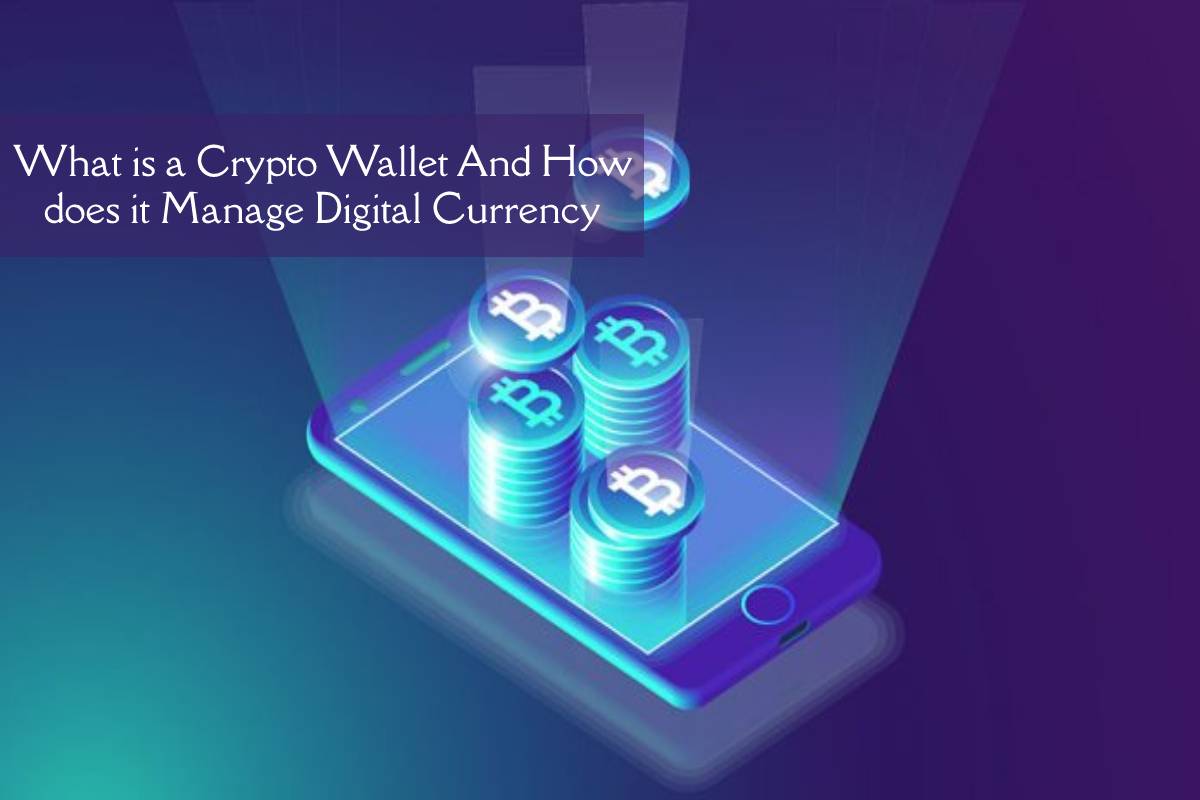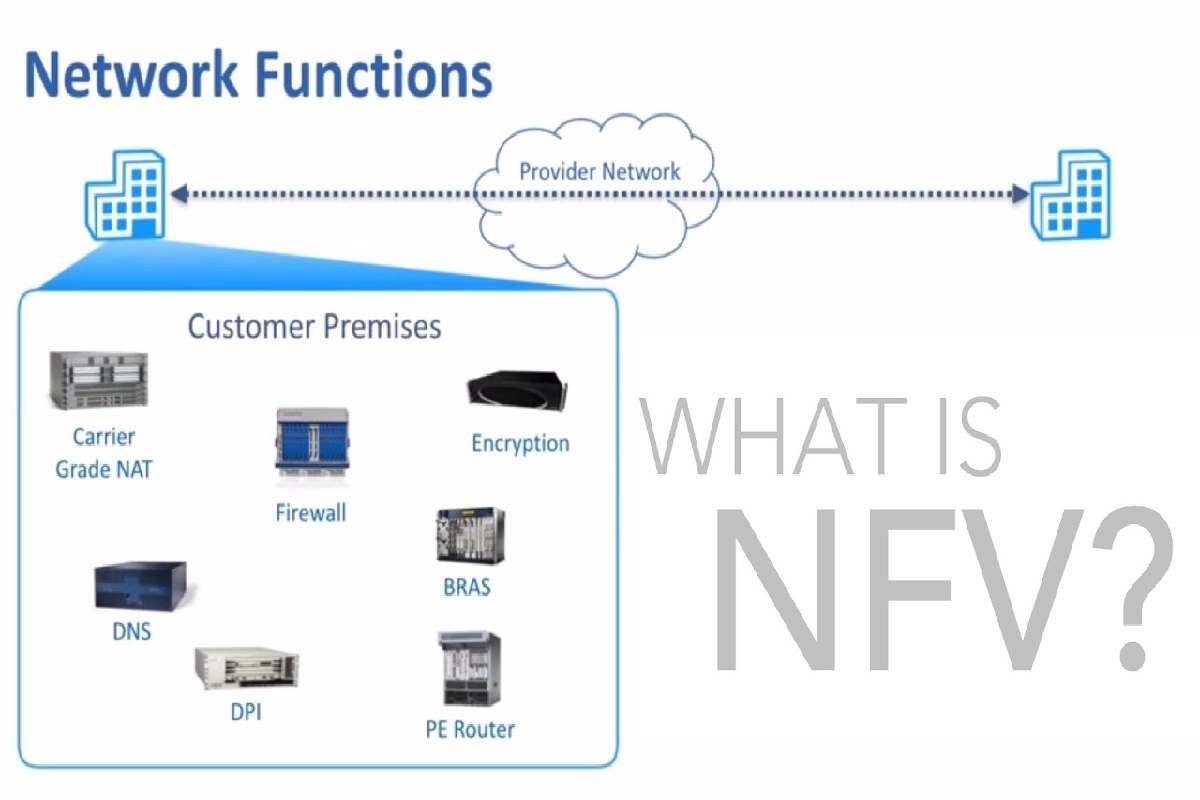If you keep up with modern trends, you would likely come across the term ‘Metaverse.’ Although this word first appeared in science fiction in the early 90s, it’s quickly becoming the reality of our world. Today we know the Metaverse as a virtual world that allows users to interact using 3D avatars. Like our world, this emerging digital one offers real estate assets people can acquire with the local currency. With such technology at our disposal, savvy investors need to look to the future of the real estate.
Do you wonder what the implications of virtual real estate mean? Are you curious about the possible benefits and drawbacks of buying a digital property? If so, this article is perfect for you. Whether a crypto enthusiast or a seasoned landlord, our simplified guide has all the answers you need. By the end of this post, you’ll understand if investing in virtual real estate-the metaverse-is worth it.
Table of Contents
What is Virtual Real Estate and How Much Does it Cost
Before going further, we have to understand the Metaverse a bit more.
What is Virtual Real Estate?
Virtual real estate refers to parcels of lands in the Metaverse. It refers to buying, selling, and managing digital properties similar to traditional ones in the real world. Thanks to the innovation of technology, the latest real estate market can exist online in 3D cities. While it seems like a foreign concept, it’s not that different from buying property in the real world. Like how comprehensive rental management services free up investors’ time to look for new investment opportunities, so do such services in the digital world.
Amid the rise of cryptocurrencies and NFTs, it’s not far-fetched to see how owning virtual real estate can be profitable. Which brings us to the potential million-dollar question, how much does it cost?
How Much Does Virtual Real Estate Cost?
It’s hard to put a definitive number on how much virtual real estate costs. Like the traditional real estate market, prices vary based on location, size, and other factors. However, one thing is clear; prices are going up universally. In 2021, virtual property prices shot up by as much as 700%. A parcel of land costs about $13,000 in Somnium Space, one of the most expensive in the Metaverse. That’s around $65 per square meter. Although, land in the rest of the digital world isn’t far behind in price. To date, the most expensive virtual property sold went for $2.4 million in Decentraland.
How Does it Affect Real Estate Industry
1. It Redefines the Value of Land
While landlords need to worry about providing utilities like water, electricity, and gas for their physical properties, the Metaverse operates differently. Buyers and renters aren’t after real utility because such factors bear no consequence in a digital world. Instead, a virtual real estate industry would make size and location more vital to attract high-quality tenants.
2. It Widens the Buyer’s Market
Another way virtual real estate could change the industry is by widening the buyer’s market. To some extent, the natural world limits investors to people that hold large amounts of fiat currency and can secure financing. However, the Metaverse has fewer barriers for all users. Anyone from any part of the world can own property wherever they please and in micro quantities. After all, while you might not be able to afford an entire parcel, you could own one or two square meters. Thus, it is a lot more affordable and accessible to many people.
3. It Creates a Fully Immersive World
Beyond attending parties and concerts, virtual real estate allows users to call the metaverse home. While it might not be as functional as theirs in the real world, it could become a haven for many. It creates a fully immersive area where friends, family, and colleagues can communicate freely using lifelike models. Coupled with the fact these opportunities are easily accessible, it’s highly likely there’s an impending boom for property in the Metaverse.
Pros and Cons of Virtual Real Estate
Pros
1. Improved Access
One of the most significant benefits of virtual real estate is its improved accessibility. In comparison, digital properties are more accessible than their physical counterparts. As an investor, you might decide to purchase a house in another city or state. While you might make this choice to tap into a market with lower vacancies, and more rental value, there are several challenges you have to consider. For one, transporting yourself to and from your rental could be costly. Also, you would have to sacrifice some control to a property manager, as you would have limited knowledge of the local market and the best contractors.
However, virtual real estate eliminates those problems. You can buy and sell properties in the Metaverse with your smart device. As the experts put it, it’s a genuinely free entry and exit market.
2. Greater Independence
Another reason investors like the idea of the Metaverse is that it offers them greater independence over their assets. For example, as a property owner, you must report to the IRS for taxes, the bank for your mortgage, and other rental regulatory agencies. Keeping up with these government regulations can be tiring, and stepping on a landmine is easy if you’re unfamiliar with the process.
On the other side of the equation, digital properties require much less rigor. Users are free to buy and sell as freely as they want. You can dictate the terms of every transaction you make without the government hovering over you. Besides, you can also work from home, which frees up valuable time spent commuting.
3. Potential Profits
We know that digital real estate could be a goldmine in the waiting. Even in the Metaverse, the law of demand and supply still applies. The more people want a product, the faster investors and owners scramble to meet their needs and make a profit. Thus, we can expect that as internet users increase and people become familiar with the Metaverse, there will be a surge in demand for properties. As a result, the value of the existing digital real estate will rise sharply and earn great returns. Property owners tapping into the market early could easily mean doubling or even tripling their initial investments in less than a decade.
4. More Flexibility
Virtual properties offer owners an unprecedented level of flexibility. As we highlighted earlier, digital real estate requires less government intervention than its physical counterpart. Thus, users are free to buy and sell on terms they deem fair and convenient. In the long run, more flexibility means saving more time and money.
Although, the added freedom goes beyond bureaucratic procedures. It also extends to the variety of digital products on hand. Investing in the Metaverse can sometimes be cheaper, as the landscape is virtual and hence more divisible.
Cons
1. Less Regulation
Despite its many benefits, virtual real estate is not without its drawbacks. While it offers users less government interference, it also means less protection. In other words, if you’re manipulated into a bad deal, it’s doubtful you’ll receive justice. After all, less regulation also means less government intervention. Thus, you have to take up the burden of your due diligence. Ensure you research thoroughly and avoid jumping into transactions that seem too good to be true.
2. Online Insecurity
Due to the digital market having fewer regulations, users must beware of hackers. Cyber attacks in virtual real estate could mean losing assets worth hundreds of thousands of dollars. Also, the risk of losing sensitive data could compromise your other physical and digital assets. According to statistics, this threat is more prominent in blockchain real estate. Hence, taking the appropriate cybersecurity measures is vital to protect your investments.
3. Unpredictable Outcomes
Despite how promising the virtual market seems, no one can say for sure what it will look like in the future. In other words, it suffers from a lack of predictability. Unlike the physical real estate market, which has proven itself for decades, the digital world is still new, or so are its prospects. In other words, success is not guaranteed. Besides, it’s much harder to navigate real estate in the Metaverse as it is a brand new concept to most and varies from the traditional industry.
Conclusion
If you’re considering investing in the Metaverse, you must understand the basics. Having a good idea of how much it costs to buy digital property could make navigating this new wild west easier. Also, understanding how it affects the real estate industry can help you consider your position carefully. As we highlighted earlier, virtual real estate is in a unique place to redefine the value of land. Making the market more accessible can also widen the market and expand your potential target audience. More flexibility and greater independence also mean you can dictate your investment terms. However, you have to be wary of repercussions like fewer regulations and the threat of cyberattacks.



